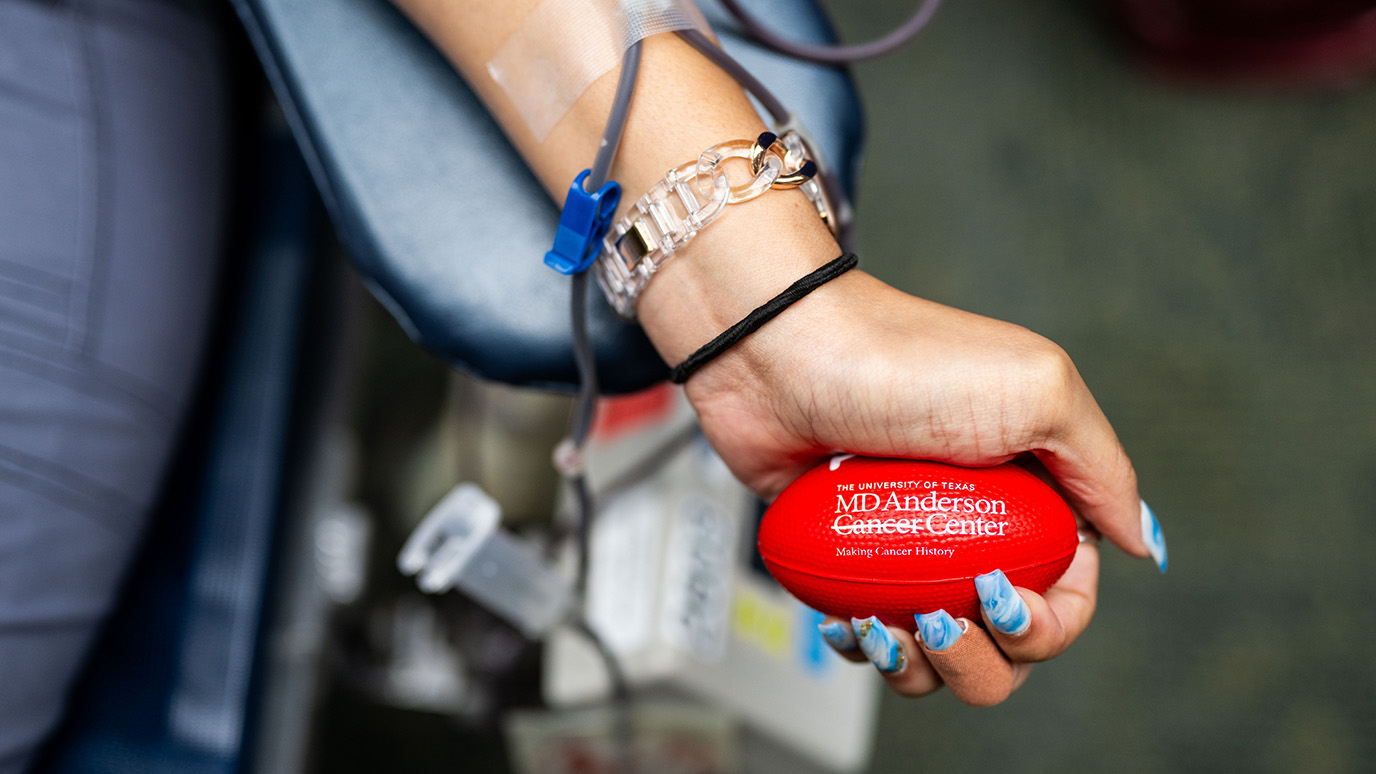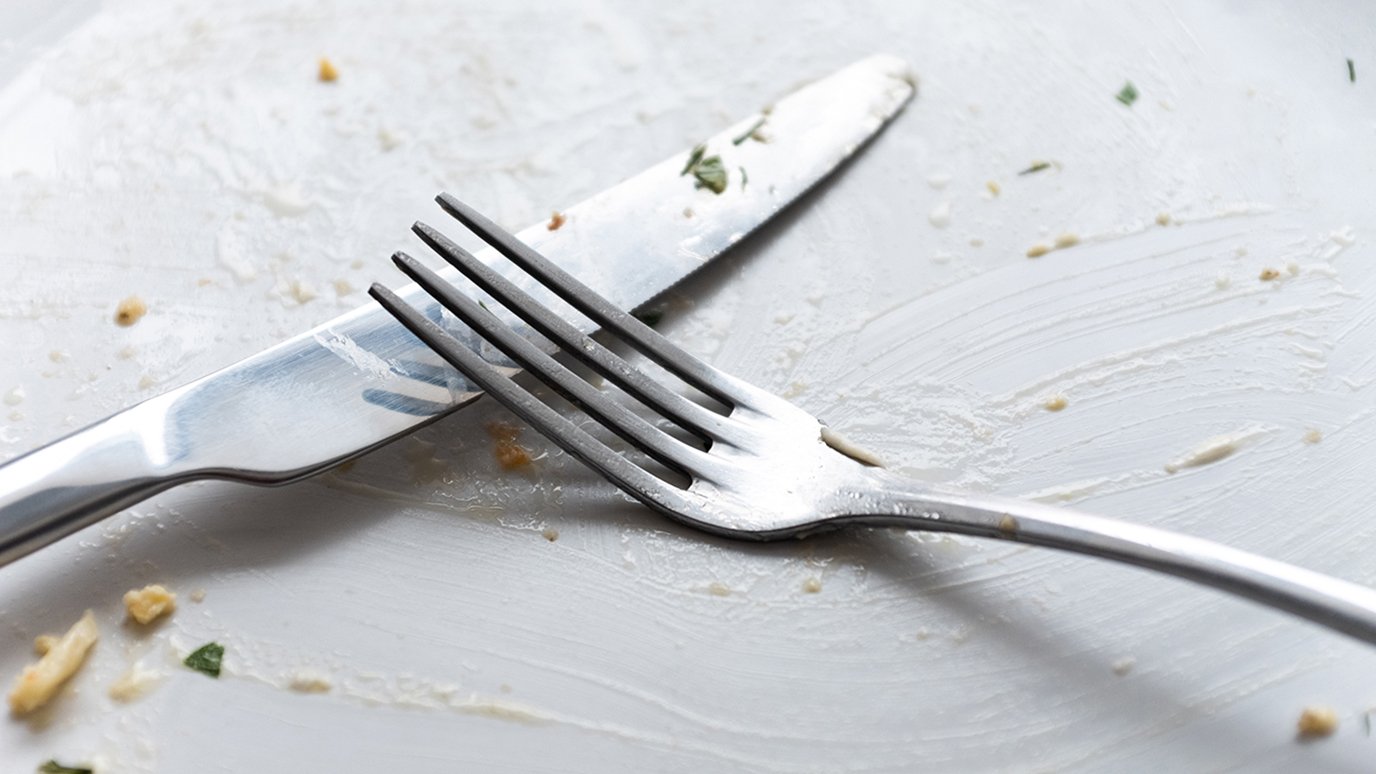- Diseases
- Acoustic Neuroma (14)
- Adrenal Gland Tumor (24)
- Anal Cancer (66)
- Anemia (2)
- Appendix Cancer (16)
- Bile Duct Cancer (28)
- Bladder Cancer (68)
- Brain Metastases (28)
- Brain Tumor (228)
- Breast Cancer (714)
- Breast Implant-Associated Anaplastic Large Cell Lymphoma (2)
- Cancer of Unknown Primary (4)
- Carcinoid Tumor (8)
- Cervical Cancer (154)
- Colon Cancer (164)
- Colorectal Cancer (110)
- Endocrine Tumor (4)
- Esophageal Cancer (42)
- Eye Cancer (36)
- Fallopian Tube Cancer (6)
- Germ Cell Tumor (4)
- Gestational Trophoblastic Disease (2)
- Head and Neck Cancer (6)
- Kidney Cancer (124)
- Leukemia (344)
- Liver Cancer (50)
- Lung Cancer (288)
- Lymphoma (284)
- Mesothelioma (14)
- Metastasis (30)
- Multiple Myeloma (98)
- Myelodysplastic Syndrome (60)
- Myeloproliferative Neoplasm (4)
- Neuroendocrine Tumors (16)
- Oral Cancer (100)
- Ovarian Cancer (170)
- Pancreatic Cancer (166)
- Parathyroid Disease (2)
- Penile Cancer (14)
- Pituitary Tumor (6)
- Prostate Cancer (144)
- Rectal Cancer (58)
- Renal Medullary Carcinoma (6)
- Salivary Gland Cancer (14)
- Sarcoma (236)
- Skin Cancer (294)
- Skull Base Tumors (56)
- Spinal Tumor (12)
- Stomach Cancer (60)
- Testicular Cancer (28)
- Throat Cancer (90)
- Thymoma (6)
- Thyroid Cancer (98)
- Tonsil Cancer (30)
- Uterine Cancer (78)
- Vaginal Cancer (14)
- Vulvar Cancer (18)
- Cancer Topic
- Adolescent and Young Adult Cancer Issues (20)
- Advance Care Planning (10)
- Biostatistics (2)
- Blood Donation (18)
- Bone Health (8)
- COVID-19 (362)
- Cancer Recurrence (120)
- Childhood Cancer Issues (120)
- Clinical Trials (622)
- Complementary Integrative Medicine (24)
- Cytogenetics (2)
- DNA Methylation (4)
- Diagnosis (226)
- Epigenetics (6)
- Fertility (62)
- Follow-up Guidelines (2)
- Health Disparities (14)
- Hereditary Cancer Syndromes (122)
- Immunology (18)
- Li-Fraumeni Syndrome (8)
- Mental Health (118)
- Molecular Diagnostics (8)
- Pain Management (64)
- Palliative Care (8)
- Pathology (10)
- Physical Therapy (18)
- Pregnancy (18)
- Prevention (886)
- Research (388)
- Second Opinion (74)
- Sexuality (16)
- Side Effects (602)
- Sleep Disorders (10)
- Stem Cell Transplantation Cellular Therapy (216)
- Support (404)
- Survivorship (322)
- Symptoms (186)
- Treatment (1770)
8 excuses not to donate blood, busted
6 minute read | Published January 31, 2023
Medically Reviewed | Last reviewed by an MD Anderson Cancer Center medical professional on January 31, 2023
I’m taking medication.
I just got over the flu.
I have a chronic health condition.
These are three common reasons why people say they can’t donate blood. The good news is that these – and other common excuses – don’t necessarily mean you can’t give blood at the MD Anderson Blood Bank.
For insight on these and five other excuses that might be holding you back, we spoke with four blood donors and Fernando Martinez, M.D., a pathologist at MD Anderson and transfusion medicine specialist.
Excuse #1: I take medication.
Facts: While some medications may disqualify you from donating blood or platelets, the list of restricted drug classes is pretty short and updated often.
If you take a common blood thinner, for instance, you used to have to wait 30 days before donating blood. Now, you can donate whole blood any time — even while taking that medication. And, you must only be off of it for two weeks before donating platelets.
“Don’t just assume whatever you’re taking is not allowed,” says Martinez. “You might be surprised by how many medications are acceptable.”
To see if any of your medications are on the restricted list, call the MD Anderson Blood Bank at 713-792-7777.
Excuse #2: I have a chronic health condition.
Facts: You can give blood if you have a chronic health condition such as diabetes or high blood pressure.
In fact, you can even donate blood or platelets now if you’ve had some forms of cancer. If you’ve been cancer-free for at least two years, are completely finished with your treatment, and didn’t have leukemia, lymphoma, or some other type of blood disorder, MD Anderson Blood Bank will happily accept your donation.
“I thought my donating days were over,” reflects Cliff Carson, who was diagnosed with skin cancer in 2018. “So, I was really excited to hear the eligibility criteria had changed. I’ve been donating blood for more than 40 years, and I’m thrilled to be able to keep doing it.”
To find out if you qualify to have a previous deferral removed, call 713-792-7777.
Excuse #3: I’ve been sick.
Facts: Even if you’ve had the flu or COVID-19 recently, you can still donate blood. The flu, colds and COVID-19 are all respiratory infections. That means they’re spread by inhaling viral particles that were exhaled, coughed or sneezed out by someone else, not through blood transfusions.
“You can’t give anyone a cold by donating blood,” says Martinez. “So, if you feel well and healthy now and have been symptom-free for at least a week, we’d love to see you.”
If you’re worried about catching a virus yourself while donating, don’t be. MD Anderson Blood Bank continues to take precautions to prevent the spread of COVID-19.
Excuse #4: I don’t have time.
Facts: Donating blood doesn’t take much time. You could even donate blood over your lunch break.
“I usually donate when there’s a lull in activity,” explains Christine Durana, a clinical nurse in MD Anderson’s Lymphoma/Myeloma Center. “It only takes about 30 minutes.”
MD Anderson hosts blood drives across the Houston area every week, and our Blood Donation Center on Holly Hall is open seven days a week from 10 a.m. until 5 p.m.
Find an MD Anderson blood drive near you.
Excuse #5: I’m afraid of needles or afraid it will hurt.
Facts: Trypanophobia, or an intense fear of needles, is fairly common. Nobody likes being poked with sharp objects.
But Vincent Durana, an officer with the Houston Police Department (and Christine’s husband), wasn’t about to let that stand in his way when his wife made appointments for both of them on Dec. 30, 2022.
“I’ve been afraid of needles since I was a little kid,” he explains. “So, I worried that giving blood would be really painful. But when I finally did it, it didn’t hurt at all. The pain I was anticipating never happened.”
The secret to Vincent’s success? “I just didn’t look while they put in the needle,” he laughs.
Now, Vincent is eager to give blood again. He told his wife he’d donate right alongside her, as soon as he’s eligible, from now on.
“And I’ll wear my blood donor T-shirt proudly,” he adds. “My wife gave me one of hers before I ever donated, but I was hesitant to wear it because it felt like I hadn’t earned it. Now I have. I should have done this a long time ago.”
Excuse #6: I’m worried I’ll pass out.
Facts: If you’ve ever gotten woozy at the sight of blood, you’re not alone. The sudden drop in blood pressure and heart rate that can cause fainting happens for many reasons — including the sight of blood.
“Nobody’s immune,” admits Martinez. “I know several physicians who have fainted at the sight of blood — including myself once. And I’d seen it thousands of times by then, both in medical school and in my practice. It’s very unpredictable.”
To avoid feeling dizzy, Martinez suggests looking away while having your finger pricked to check iron levels, or, like Vincent, turning your head while the needle is being inserted in your arm. You can also request that the insertion site be kept hidden with gauze so you don’t have to actually see it.
“If you already know what makes you feel faint, by all means, tell our staff,” adds Martinez. “There are simple strategies we can use to reduce the risk of passing out. But one of the best ways to avoid it is by making sure you eat a hearty meal before coming in to donate blood or platelets.”
Excuse #7: They don’t need my blood type.
Facts: MD Anderson Blood Bank needs every type of blood for our cancer patients.
Why? Because some patients are more limited than others in terms of which blood types they can receive.
People with Rh-positive blood (A+, B+, AB+ and O+), for instance, can receive either Rh-positive or Rh-negative blood of their own type without having any issues. But people whose blood lacks that same receptor (A-, B-, AB-, and O-) can only receive blood from other Rh-negative donors of that type.
People with type AB+ blood are considered “universal recipients” because they can receive any of the eight known blood types (A+, A-, B+, B-, AB+, AB-, O+, and O-).
“And O- blood is considered ‘the universal donor,’ because it can be given to anyone,” explains Martinez. “But only about 9% of the world’s population has it. And people with O- blood can only receive blood from other Rh-negative donors of that type. That puts O- donors in extremely high demand.”
Excuse #8: Other people are donating, so I don’t need to.
Facts: MD Anderson’s cancer patients use approximately 200 units of whole blood and 600 units of platelets each day. That’s 800 units of blood products for just one hospital system. Every 24 hours. When you take a step back and really consider those numbers, it’s clear why the need for blood donations never ends.
“I know I should be donating whenever I can,” admits Ross Robinson, who learned he was O- in high school and has been donating double-red cells at MD Anderson for almost three years. “Knowing that it’s helping cancer patients just makes me feel extra good.”
Schedule an appointment to donate blood at MD Anderson Blood Bank.

You can’t give anyone a cold by donating blood.
Fernando Martinez, M.D.
Physician






